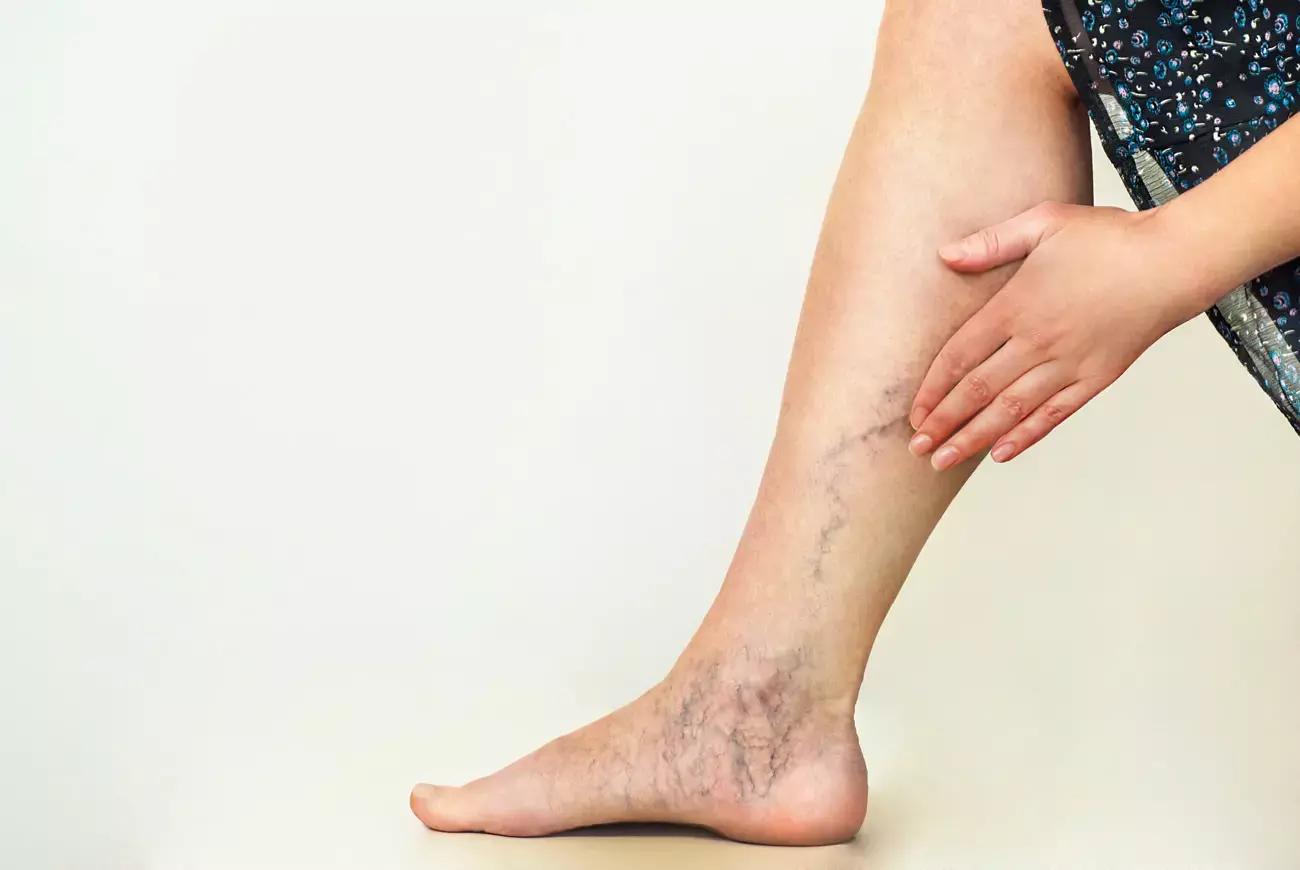PAD Causes Worse Outcome Among Patients With AMI And Cardiogenic Shock
- byDoctor News Daily Team
- 05 August, 2025
- 0 Comments
- 0 Mins

Cardiogenic shock (CS) complicates up to 10% of patients presenting with acute myocardial infarction (AMI), with one-third of those affected not surviving to hospital discharge.
A recent study suggests that peripheral artery disease (PAD) was linked with worse limb outcomes and survival among patients with AMI and Cardiogenic shock. The study findings were published in the Journal of the American College of Cardiology on March 28, 2022.
Those with comorbid PAD may represent a particularly high-risk group, potentially because of higher atherosclerotic burden and vascular access limitations for revascularization. However, no data are available on the outcomes of patients presenting with CS from AMI with comorbid PAD. Therefore, Dr Nino Mihatov and his team conducted a study to elucidate the association between comorbid lower extremity PAD and outcomes in CS and AMI.
In this study, the researchers used data on 71,690 Medicare fee-for-service beneficiaries aged ≥65 years hospitalized with AMI and CS. The major outcome assessed was in- and out-of-hospital mortality. They also assessed the incidence of bleeding, amputation, stroke, and lower extremity revascularization. They used multivariable regression models with adjustments for confounders to estimate risk. They also performed subgroup analyses in patients treated with mechanical circulatory support (MCS) and those who underwent coronary revascularization.
Key findings of the study:
Among 71,690 patients, the researchers noted that 5.9% (N = 4,259) had PAD.
They found that the cumulative in-hospital mortality was 47.2%, with greater risk among those with PAD (56.3% vs 46.6% without PAD; adjusted OR: 1.50).
They noted that the PAD patients also had a greater risk of in-hospital amputation (1.6% vs 0.2%; adjusted OR: 7.0) and out-of-hospital mortality (67.9% vs 40.7%; adjusted HR: 1.78).
They observed that the MCS was less frequently utilized in PAD patients (21.5% vs 38.6% without PAD; P < 0.001) and was associated with higher mortality, need for lower extremity revascularization, and amputation risk. Findings were consistent in patients who underwent coronary revascularization.
They noted that the findings were consistent in patients who underwent coronary revascularization.
The authors concluded, "Among patients presenting with AMI and CS, PAD was associated with worse limb outcomes and survival. In addition to lower MCS utilization rates, those with PAD who received MCS had increased mortality, lower extremity revascularization, and amputation rates."
In an accompanying editorial, Dr Mehdi H. Shishehbor and Dr Yulanka Castro-Dominguez wrote, "Patients with AMI complicated with CS carry a high risk of mortality but may also benefit the most from potentially lifesaving interventions such as revascularization and MCS. Understanding how comorbid PAD can alter a patient's risk profile is crucial to be able to deliver the most appropriate therapies and specialized management. Indications for complex and large-bore interventions will continue to increase, while advances in techniques and devices will similarly evolve. Only with an interdisciplinary approach using expertise across different disciplines will we be able to reduce morbidity and mortality in this high-risk population with PAD."
For further information:
DOI: https://www.jacc.org/doi/pdf/10.1016/j.jacc.2022.01.037
Keywords:
Percutaneous coronary intervention, Coronary artery bypass grafting, Cardiogenic shock, Myocardial infarction, Mechanical circulatory support, Peripheral artery disease, In-hospital mortality, Out-of-hospital mortality, Journal of the American College of Cardiology
Disclaimer: This website is designed for healthcare professionals and serves solely for informational purposes.
The content provided should not be interpreted as medical advice, diagnosis, treatment recommendations, prescriptions, or endorsements of specific medical practices. It is not a replacement for professional medical consultation or the expertise of a licensed healthcare provider.
Given the ever-evolving nature of medical science, we strive to keep our information accurate and up to date. However, we do not guarantee the completeness or accuracy of the content.
If you come across any inconsistencies, please reach out to us at
admin@doctornewsdaily.com.
We do not support or endorse medical opinions, treatments, or recommendations that contradict the advice of qualified healthcare professionals.
By using this website, you agree to our
Terms of Use,
Privacy Policy, and
Advertisement Policy.
For further details, please review our
Full Disclaimer.
Recent News
Gum disease could silently cause serious brain dam...
- 03 November, 2025
Can Early-Day Fasting Significantly Boost Metaboli...
- 03 November, 2025
Delhi HC bars doctor from running medical centre d...
- 03 November, 2025
Daily Newsletter
Get all the top stories from Blogs to keep track.


0 Comments
Post a comment
No comments yet. Be the first to comment!